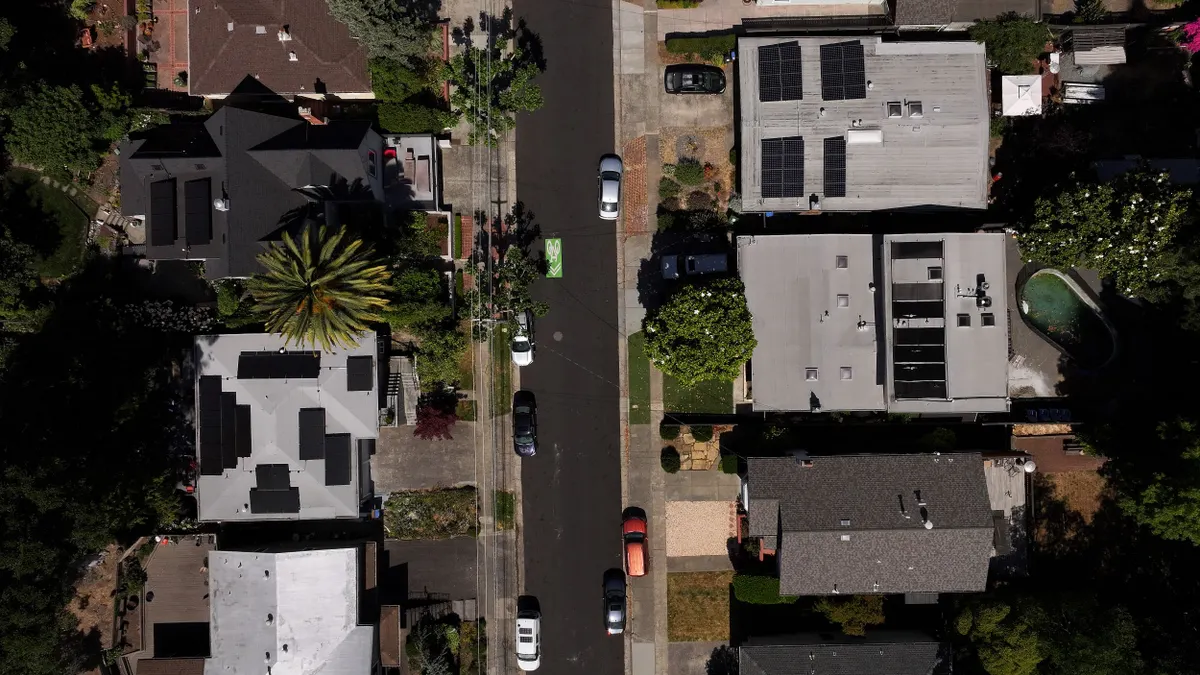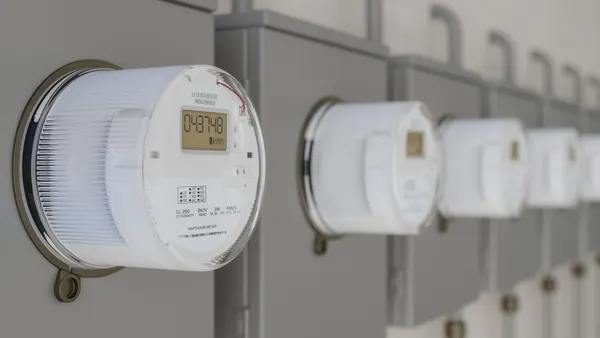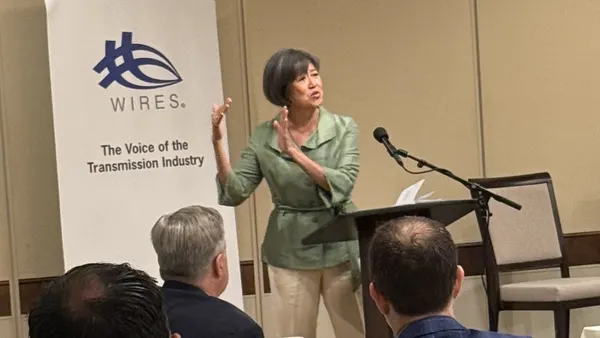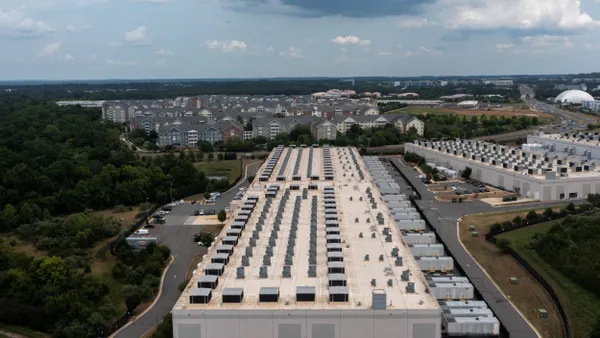Dive Brief:
- The Commodity Futures Trading Commission (CFTC) voted unanimously to exempt small municipal utilities from swaps requirements, which it says can create costs which are passed on to the consumer.
- The firmer standards, part of the Dodd-Frank financial overhaul, were put in place to protect government entities from financial institutions that may not have disclosed all of the material risks.
- The change raises the swap registration threshold to $8 billion in activity for dealers doing business with public utilities.
Dive Insight:
The commission's decision is designed to "help make sure that many of the small utility companies that serve communities across our nation can reduce their risk of doing business when it comes to the cost of fuel," said CFTC Chairman Timothy Massad. "To do their job, they must manage the risk of their own fuel costs, and to do that, they must be able to access the energy commodity markets."
Dodd-Frank set up heightened standards for swap dealers in their activities with federal, state and municipal government agencies and certain other so-called "special entities." For those deals, the registration limit was just $25 million, adding cost to some utilities' dealings and limiting their access to counterparties who didn't want to register as a swap dealer for such a small exposure.
Small utilities were given an exemption and the CFTC's September 17 vote makes that permanent.
The American Public Power Association (APPA) issued a statement commending the CFTC for the move. "The rule changes will help our members continue to serve their customers with affordable – and predictable – rates,” said APPA President and CEO Sue Kelly. “Public power utilities, like any other end user, use swaps to hedge commercial operations risks. The rule gives public power utilities access to the broad array of counterparties necessary to protect their customers from rate increases and fluctuations.”













